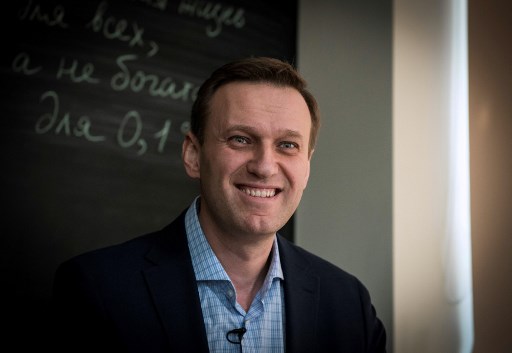France and Sweden confirm Novichok poisoning of Navalny, backing Germany
BERLIN — Laboratories in France and Sweden have confirmed that the substance used to poison Russian opposition leader Alexei Navalny was indeed a form of the nerve agent Novichok, the German government said Monday(14), results that match Berlin’s own findings and provide additional confidence that the Russian state was involved.
“Three laboratories have now independently provided evidence of a substance from the Novichok group as the cause of Mr. Navalny’s poisoning,” a German government spokesman, Steffen Seibert, said. “We renew the call for Russia to explain what has happened.”
Navalny, whose room in the prestigious Charité hospital in Berlin remains heavily guarded by German police, continues to improve, the hospital said Monday. He is breathing by himself again and able to walk.
Russian officials did not immediately respond to news of the results from French and Swedish laboratories, but they have insisted since Navalny first fell ill that there was no proof he had been poisoned. They have suggested several alternative theories.
But even as patience with President Vladimir Putin is running thin, Berlin is struggling to figure out a good way to respond. Some have suggested canceling the $11 billion Nord Stream 2 pipeline project, which is nearly complete.
President Emmanuel Macron of France raised the issue of Navalny’s poisoning in a phone call with Putin on Monday, affirming the French laboratory results and expressing “serious concern” over Navalny’s poisoning. He asked that “all light be shed, without delay, on the circumstances and responsibilities of this attempted assassination,” according to a readout of the call provided by the French government.
German officials are considering a variety of possible sanctions, including individual travel bans and asset freezes, and hoping for a response backed by all European Union member states. “We want this to be a European sanctions regime to show that this is about our values when a leading opposition politician is poisoned,” said one senior German security official involved in discussions of a possible response.
The official said that while it was important to send a message that Russia’s behaviour was out of line, it should not come at the expense of continued negotiations on issues like the wars in Ukraine and Syria, where Russia is a key player.
-New York Times


